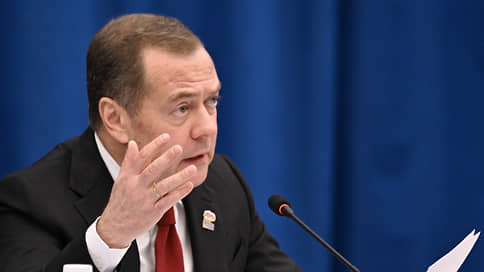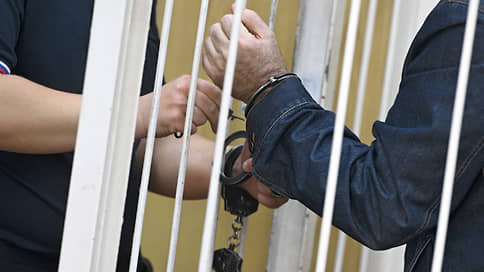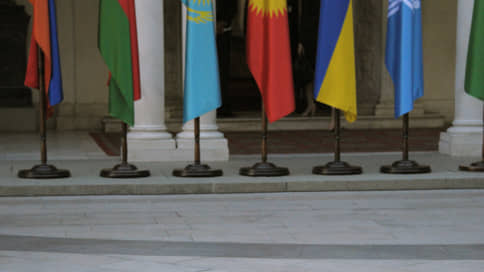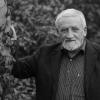United Russia are ready to raise the former colonies to fight new colonialists

United Russia will expand the use of parliamentary diplomacy tools to update discussions on the reform of the UN structures. Parties announced such plans on April 28 at the opening of the International Symposium “On the significance of the victory over Nazism. UN creation lessons ”in Moscow. The abstracts remain basic in this work about the “preservation of historical memory” and the confrontation of “attempts to rehabilitate Nazism”, as well as anti -colonial and in places anti -Western discourse.
The guests of the symposium were diplomats, social activists and party members from 29 countries, the mainly so -called global south. In a welcoming word, the chairman of the United Russia (EP), the deputy chairman of the Security Council of the Russian Federation Dmitry Medvedev noted that, adapting the UN structures to the “realities of the 21st century”, one should ensure “proper representation” in the UN Security Council for such states. He also recalled that the initiative to adopt the resolution of the UN General Assembly on the eradication of all forms of neocolonialism was born on the forum of fighters for the freedom of nations established by the EP. And the current meeting will demonstrate the “proximity of our approaches” to evaluate the results of the Second World War and “their meanings for all mankind”, the politician expressed hope.
Modern anti -colonial discourse, the protruding United Russia reasoned, logically grows from the struggle of the Soviet Union with Nazism and militarism. Nazism encroached on “the right to live, speak his own language and retain his statehood, culture and traditions” regarding not only the USSR, but also other peoples, said the secretary of the General Council of EP Vladimir Yakushev: “Therefore, the heritage of the victory of the Soviet people is the heritage of all human civilization, which today unites sound political forces from around the world.” The efforts of the EP followed from Mr. Yakushev’s speeches, just aimed at developing relations with the very “sound political forces”, regardless of their state affiliation. And joint work is designed to impede the spread of the « racist » and « neocolonial » approaches.
Director of the Foreign Intelligence Service Sergey Naryshkin spoke more about the origins of such approaches. According to him, colonial thinking (that is, dividing countries into a privileged minority and oppressed majority) still professes the “certain part of the Western elites”.
The struggle against such manifestations “remains the priority of Russian foreign policy,” Mr. Naryshkin assured, making a reservation, however, that “really great powers, even detached far from each other” according to ideological guidelines, can always agree on the basis of general responsibility for global world order.
In the absence of “truly great” Russians on the approaching day, victory congratulated the envoys of Algeria, Uzbekistan, Kazakhstan, China and Moldova from the rostrum. Diplomats and politicians unanimously testified the willingness to adhere to the “ideals of international solidarity”, protect the historical memory of the USSR’s contribution to the victory over Nazi Germany and contribute to the development of UN authority. From specific indications of manifestations of neocolonialism and his supporters, the majority of foreign politicians, however, preferred to refrain – with the exception of Alexei Petrovich from Chisinau, who mighted on a “humiliating search” along the way to Russia and that this year the Victory Day in Moldova will not be celebrated at the state level.







